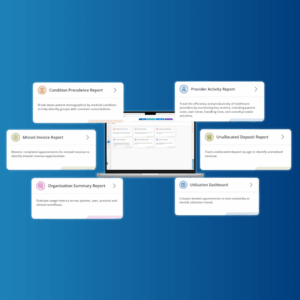July 21st 2025
New prescribing role for nurses: What you need to know

More nurses will be able to prescribe pharmaceutical medicines from September in a move that aims to ease the pressure on GPs.
Not all registered nurses will be granted prescribing authority, and those who complete the required training and registration process are allowed to prescribe 2, 3, 4 and 8 medicines only within a “formal prescribing partnership” with an authorised prescriber, such as a doctor.
The new Registration Standard, Endorsement for Scheduled Medicines – Designated Registered Nurse Prescriber, was approved by health ministers last December and is part of ongoing national health workforce reform aimed at:
- Improving access to healthcare, particularly in rural and remote communities or other settings where there are doctor shortages.
- Expanding the scope of practice for experienced registered nurses.
- Reducing pressure on GPs and the broader healthcare system.
The standard was published last month to give stakeholders time to prepare for the change.
Help for nurses to understand and meet the endorsement requirements can be found in the NMBA’s fact sheet and guidelines.
Help for Customers:
As these changes come into effect, MediRecords is ready to support your team. If you have registered nurses who will be endorsed to prescribe, their licences will need to be upgraded to enable prescribing functionality. This ensures appropriate access and compliance within MediRecords.
Your Customer Success Manager can walk you through the upgrade process, including any associated costs, and help ensure everything is in place before implementation begins in September. We’re here to make the transition simple and seamless.
Frequently asked questions
The Registration standard: Endorsement for scheduled medicines – designated registered nurse prescriber can be found here on the NMBA website.
A nurse practitioner has a master’s degree and can work independently to diagnose, treat, and prescribe. A designated RN prescriber has extra training and can prescribe, but only in partnership with a doctor or authorised prescriber.
An RN must meet all requirements outlined in the official Registration Standard, including, but not limited to,
- Completing an NMBA-approved prescribing course (or equivalent study);
- Have at least 5,000 hours of clinical experience within the past six years; and,
- Hold general registration with no relevant conditions or undertakings.
After gaining endorsement, the RN must work within a formal prescribing partnership (e.g. with a doctor) and complete a six-month clinical mentorship when they begin practising as a prescriber. See also the Guidelines for registered nurses applying for and with the endorsement – designated registered nurse prescriber on the NMBA website.
Schedule 2, 3, 4 and 8 medicines, but only within a formal prescribing partnership with a doctor or authorised prescriber.
We can help upgrade your clinical licences to include prescribing capabilities and integrate nurse prescribers into your workflows.
To ease pressure on GPs, improve access to care (especially in rural/remote areas), and expand the scope of experienced nurses.
Sources
- MediRecords partners with General Practice Registrars Australia - 04/11/2025
- MediRecords joins forces with Doctors in Aged Care - 28/10/2025
- MediRecords launches Engage Patient Portal - 08/10/2025




